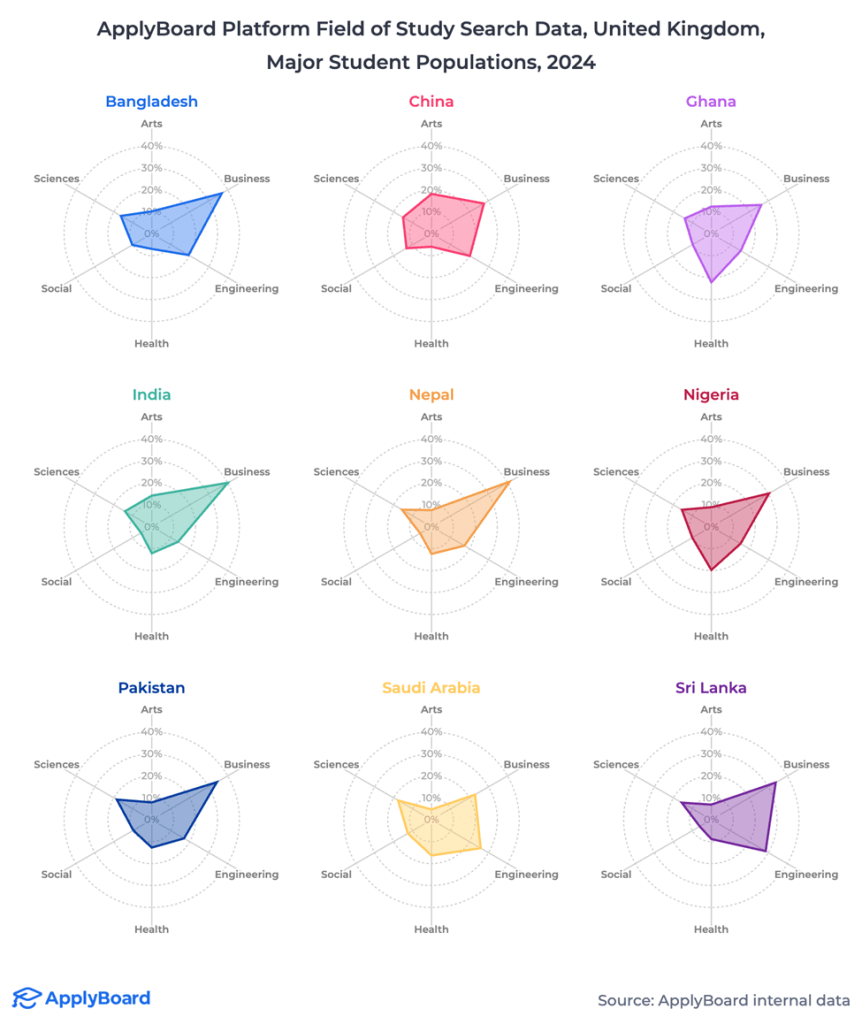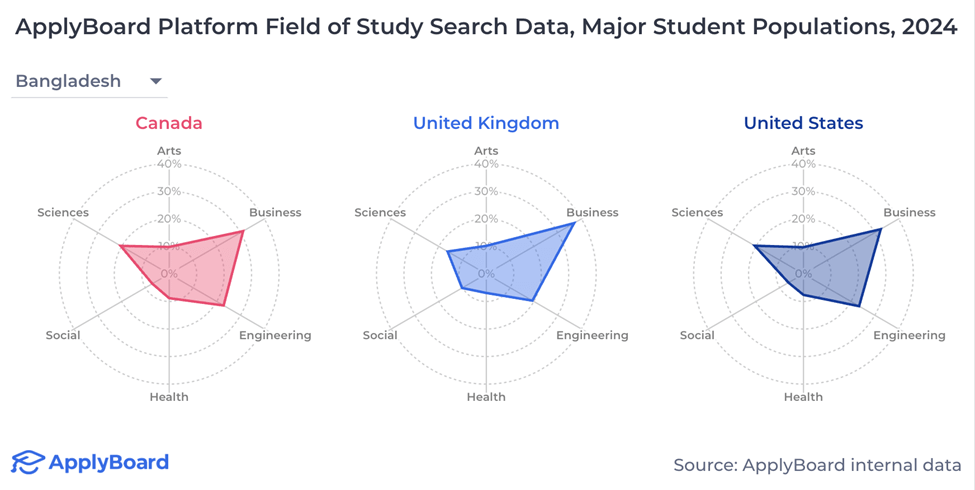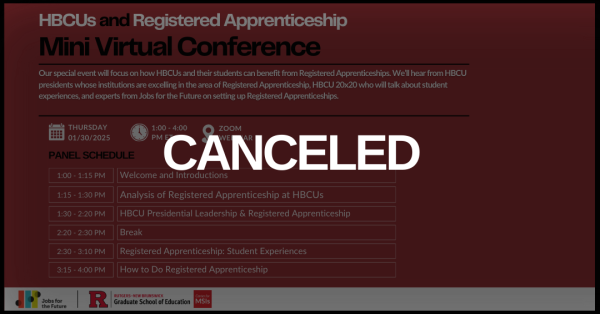This blog was kindly authored by Dr Kate Wicklow, GuildHE Director of Policy and Strategy
The higher education sector is renowned for its innovation and global standing, with diverse providers consistently delivering great work and immense value. However, the sector could also certainly do with some festive cheer at the moment. There are multiple pressures placed upon us which impact our resilience and threaten our energies and resources to continue to be a global powerhouse.
A vision without the tools to deliver it
The Post-16 White Paper has offered the sector a new vision, one where it asks higher education institutions to govern themselves differently, with greater collaboration between providers, and therefore less market based ideologies within sector activity. But it places all of the responsibility to fix the sector challenges on individual providers rather than offering systems leadership or policy support.
The recently published new OfS strategy also offers a welcome reset of the regulator-institution relationship to be less combative. However, the actions proposed to underpin the strategic statements seem disconnected from the DfE vision of sector coordination, likely in part due to their unfortunate simultaneous development. The OfS strategy roadmap provides no clarity on how the regulator plans to either reduce the regulatory burden or sustain its current risk-based methodology. Furthermore, it omits measures essential for safeguarding sector diversity, an obligation under the Higher Education and Research Act (HERA), and one that is arguably critical in the current climate.
The missing piece: financial realism
Both documents omit the critical financial realities institutions face, which aren’t solely due to governance failings, but rather mounting pressures that are well rehearsed and have forced the sector to do more with less for the last 13 years – which just isn’t sustainable. At some point, the system breaks, and we are seeing cracks widen now. While the White Paper offered a fee uplift, the unexpected international student levy negates this. We are certainly in a critical moment for the future shape of the sector, which makes the forthcoming review of OfS’s Strategic Priority Grant particularly concerning in its potential to destabilise what additional state funding is received.
A sector whose diversity is its strength – and its vulnerability
GuildHE represents the UK’s most diverse range of higher education providers, varying in size, location, and operational models. Our members, who include small and large, rural and urban, practice-based and online, specialist and more generalist, and both publicly and privately funded institutions, are renowned for delivering practical, industry-relevant education, research, and innovation. Thanks to this unparalleled diversity, GuildHE acts as a crucial gauge for the higher education sector, offering unique insights into the opportunities and challenges affecting the entire landscape.
The white paper rightly highlights the immense value that this diverse range of higher education providers brings to students, local economies, and the nation as a whole. Our member institutions are often pioneers in their fields, offering unique courses and producing highly skilled graduates. Yet, despite this declared commitment to diversity, policy mechanisms and funding models always seem to operate with an inevitable bias towards scale and homogenisation.
The true barrier to sustaining sector excellence and diversity isn’t simply a lack of commitment from institutions, but a contradiction at the heart of policymaking: the very mechanisms of funding and regulation are inadvertently acting as a constraint on the diversity they claim to champion.
The current regulatory framework, built for a typical large-scale, multi-faculty provider, often inadvertently penalises innovative and smaller-scale or specialist institutions. A clear example is how the Teaching Excellence Framework (TEF), with its emphasis on metrics, disadvantages, by design, providers with small student cohorts. The core issue is not just which metrics are used, but the inherent volatility of data when applied to small cohort sizes. Offering providers the opportunity to contextualise their quantitative data with other evidence is therefore vital, but adds additional burden on these institutions.
Funding must recognise the distinctiveness and value of specialist institutions, both in teaching and in research. For research, the White Paper encourages institutions to focus on strengths, specialise, and collaborate, but we must ensure this doesn’t undermine world-leading specialists by overusing the ‘specialist’ term too liberally. Equally, there must be incentives for collaboration, tangible reasons for larger institutions to work with smaller-scale or different partners, and levers pulled to encourage institutions not to simply rinse and repeat the same collaborative arrangements. In addition, innovation funding remains skewed towards larger-scale operations, with thresholds on HEIF remaining a particular barrier for smaller-scale institutions. We need fresh thinking on knowledge exchange and innovation funding to diversify recipients, sustain innovation across all institutions, and enable commercialisation.
In teaching funding, the review of SPG will inevitably create winners and losers. There are worries in the sector that the subject prioritisation will not reflect all of the I8 areas. For example, creative skills are at the top of the Industrial Strategy and are regularly cited as being important to all industries. The creative industries are rife with skills shortages and clearly require graduate skills (75% of the industry have degrees, significantly higher than the UK average of 51%). Yet we are concerned that the forthcoming SPG review will not redress years of creative subject funding cuts to deliver this much-needed pipeline.
Specialist institutions of all types require state-of-the-art equipment, from professional-grade theatres to medical-grade clinics and working farms. These learning environments come with high fixed costs, regardless of student numbers, which themselves need to remain fairly static to ensure the equipment is accessible to all students for a high-quality experience. If funding is driven solely by student volume, without adequate recognition of the fixed costs of this distinctiveness, the business model for specialist institutions becomes perpetually precarious. This is what we’ve seen materialise over the past 10 years and is why the OfS and DfE recognise the additional financial needs through specialist institution funding. This funding is also under review in the new year.
Aligning ambition with action
To genuinely champion institutional diversity, the OfS must do more than offer rhetorical support or simply monitor providers. In line with the white paper’s emphasis on protecting and preserving diversity, the OfS has a duty to ensure its funding proposals reflect this goal. If OfS is serious about safeguarding diversity, its conclusions on funding and its response to the white paper must lead to a review of the regulatory policies and processes that currently encourage uniformity. This is essential to create the conditions necessary for all types of institutions to not just survive, but truly thrive. DfE also has a bigger role to play in thinking about diversity within its policy development and vision for the sector. Moving away from market-style regulatory dynamics offers them new levers and ideas for bringing us all together to collectively support our world-class provision to grow and innovate.
GuildHE will continue to push for a regulatory landscape that is proportionate and focused on fostering greater sector collaboration in order to achieve excellence across the widest range of institutions because that is how we deliver for the widest range of students.
So our Christmas wish is simple: that policymakers seize more opportunities to make good on HERA and the white paper’s stated ambition to protect the sector’s diversity.










